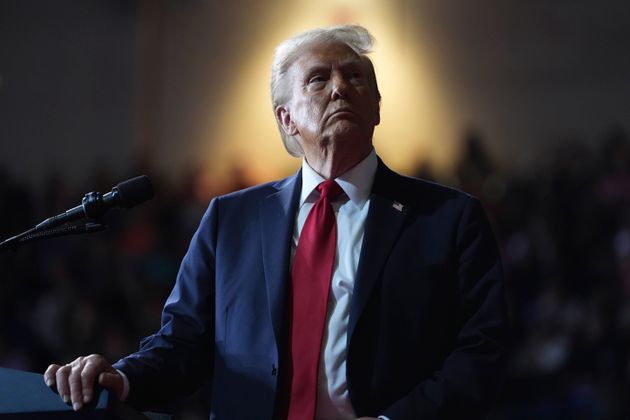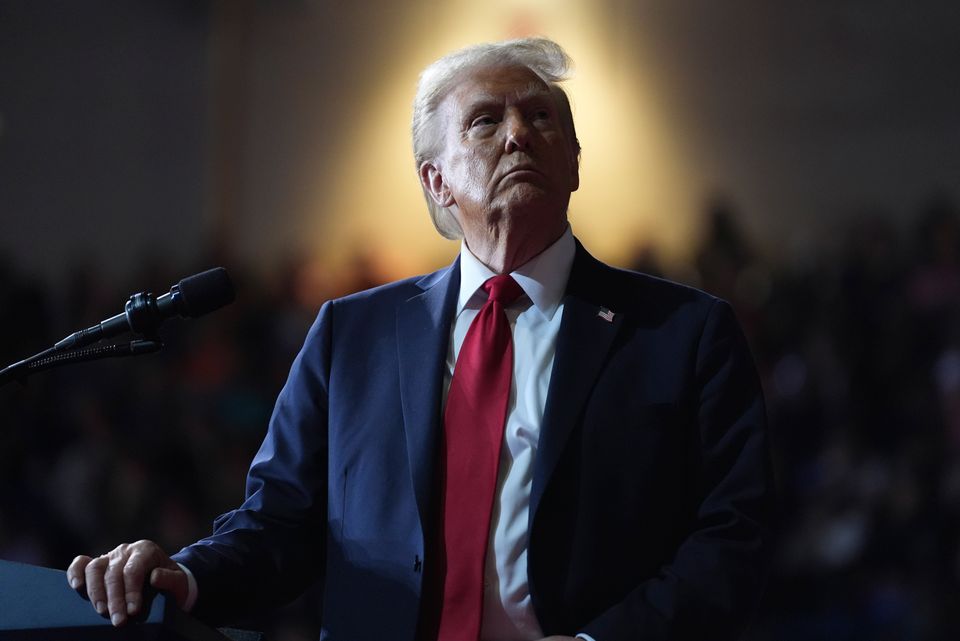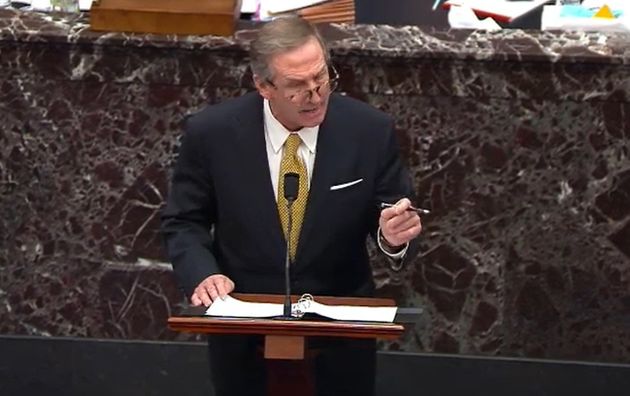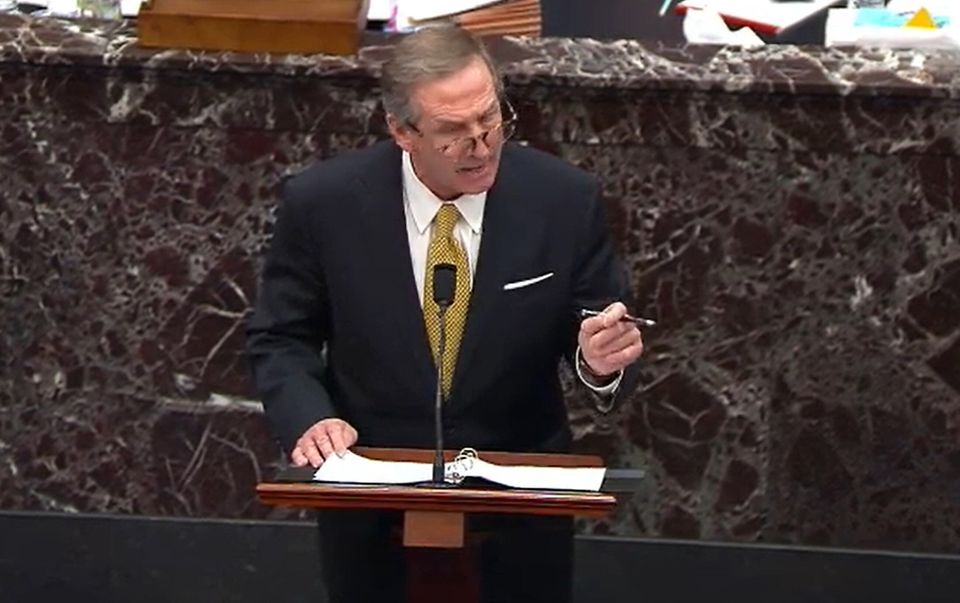Donald Trump’s stunning US election victory has thrown up serious questions for Keir Starmer – and not just because of the disobliging comments he and other senior Labour figures made in the past about the president-elect.
The splintering of the Democrats’ traditional coalition of voters has sent a shiver down the spine of Labour strategists, who are already nervously eyeing the next UK general election in four years’ time.
Advertisement
Minority groups and the white working class, angered by what they saw as a collapse in their living standards under the Biden administration, flocked to Trump’s promise to “Make America Great Again”.
Throw in the fact that incumbent parties are being turfed out by disgruntled electorates across the western world – a trend Starmer benefited from on July 4 – and you can see why Labour bosses are anxious.
HuffPost UK spoke to a range of Labour insiders and polling experts to find out what lessons the party needs to learn from what happened across the Atlantic in order to avoid the same fate that befell their sister party.
First of all, it is important to stress that Trump’s victory was no fluke. He became the first Republican candidate in 20 years to win both the popular vote and the electoral college as a swathe of previously blue states turned red.
Advertisement
Despite receiving the endorsement of countless celebrities, Kamala Harris’ hopes of becoming her country’s first female president were scuppered by millions of ordinary voters who no longer believed the Democrats understood their concerns.
A senior Labour source told HuffPost UK: “The lessons for our party are obvious and unavoidable. It really is the economy, stupid.
“If people don’t feel better off, then incumbents don’t win elections. Democrats preached growth and a strong economy with stagnating wages and price inflation.
“The follow-through from that is the realignment, or more accurately the dealignment, of sectional interests. That is something that Labour needs to address. The Democrats’ coalition of Latinos, African-Americans and the white working class evaporated like snow off a ditch.”
One insider pointed out that the party had already experienced something similar in 2019, when traditional Labour seats in the Midlands and north of England – the fabled Red Wall – switched en masse to Boris Johnson’s Tories.
Advertisement
But he added: “There’s still an assumption by the left that black and Asian communities in Britain somehow are instinctively left-inclined and don’t want tough action on things like immigration.
“In the US, they voted in the same way as the wider population and that myth was well and truly shattered.”
In its analysis of Labour’s landslide election victory in July, the Labour Together think-tank warned that the party “has been cautiously hired, on a trial basis, liable to prompt dismissal if it deviates even slightly from its focus on voters’ priorities”.
The group’s chief executive, former Labour frontbencher Jon Ashworth, said the party forgets that message at its peril.
He told HuffPost UK: “If working people see their pay checks squeezed, they need to be convinced that you’ve got a plan to make them better off. What was pretty clear in America was that a lot of families felt worse off and blamed the Democrats.
Advertisement
“The challenge for Labour, as our report found, was that they need to remain completely focused of the cost of living, strengthening the economy and building a stronger NHS.
“Labour’s support at the election, while obviously broad, is potentially shallow. People certainly wanted change, but voters are very unforgiving if you don’t focus on those priorities.”
That was echoed by Emma Levin, associate director at pollsters Savanta.
She said: “One of the key lessons from the US appears to be one that Starmer’s Labour already know well; voters kick out incumbent governments if they don’t feel better off.
“Governments across the developed world are getting booted out of office, and in no small part because their citizens feel poorer. I think that’s as true in the US as it was here.”
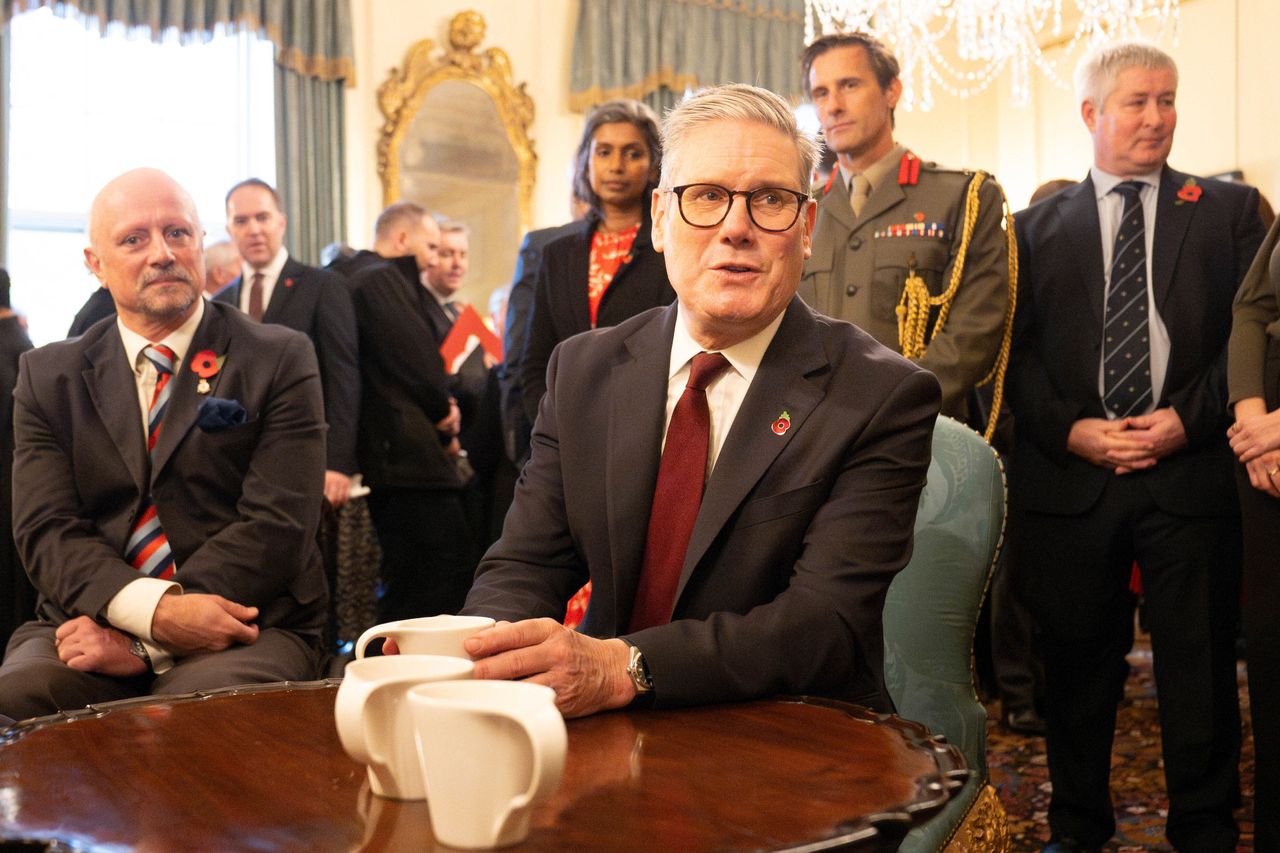
via Associated Press
Advertisement
A senior No.10 source said that by the time of the next election, Labour needs to show voters that it has delivered on four things – ending the cost of living crisis, improving the NHS, bringing down immigration and improving the UK’s infrastructure by building more homes and upgrading crumbling hospitals and schools.
“We have to get to the end of five years with a very clear sense of who we’re on the side of and what we’re trying to do,” he said.
“The Democrats started off with a message aimed at middle America but along the way they got too squeamish about immigration, and they only got to that late on. They sounded far too much like the party of east coast liberals and academia.
“For all the theorising people will do, what it does boil down to is that in big swathes of America and across the western world, people have been hit incredibly hard by the cost of living and think that their governments haven’t responded to it properly
“You not only need to deliver but you need to have a strong story about how you’re delivering and how you’re making life better for people.
Advertisement
“If you’re a government in the western world at the moment, your focus needs to be on what people really care about. It sounds obvious but it doesn’t always happen.”
To that end, former political journalist James Lyons has now started his role as Downing Street’s director of strategic communications.
His job will be to look to the long term and come up with ways for the government to convince voters that it is on their side.
According to Conleth Burns, associate director at the More in Common think-tank, the Democrats “took a lot of their voters for granted”, so it was hardly surprising that they turned to Donald Trump.
Another challenge for Labour is the fact that disaffected voters in the UK are not just turning to Reform UK, but also to the Greens and Gaza independents.
Advertisement
“You’ve got this insurgency both on the left and the right and being able to navigate that is key,” he said.
The most important thing, Burns said, is for Labour to make good on the promises they made in the election – most notably bringing down people’s gas and electricity bills.
He said: “If Labour can’t deliver that, they are likely to be turfed out.”
Trump’s remarkable comeback as president will have huge political and economic repercussions for the next four years and beyond.
Keir Starmer must learn the lessons of how he did it if Labour is not to go the same way as the Democrats when voters in the UK next go to the polls.

